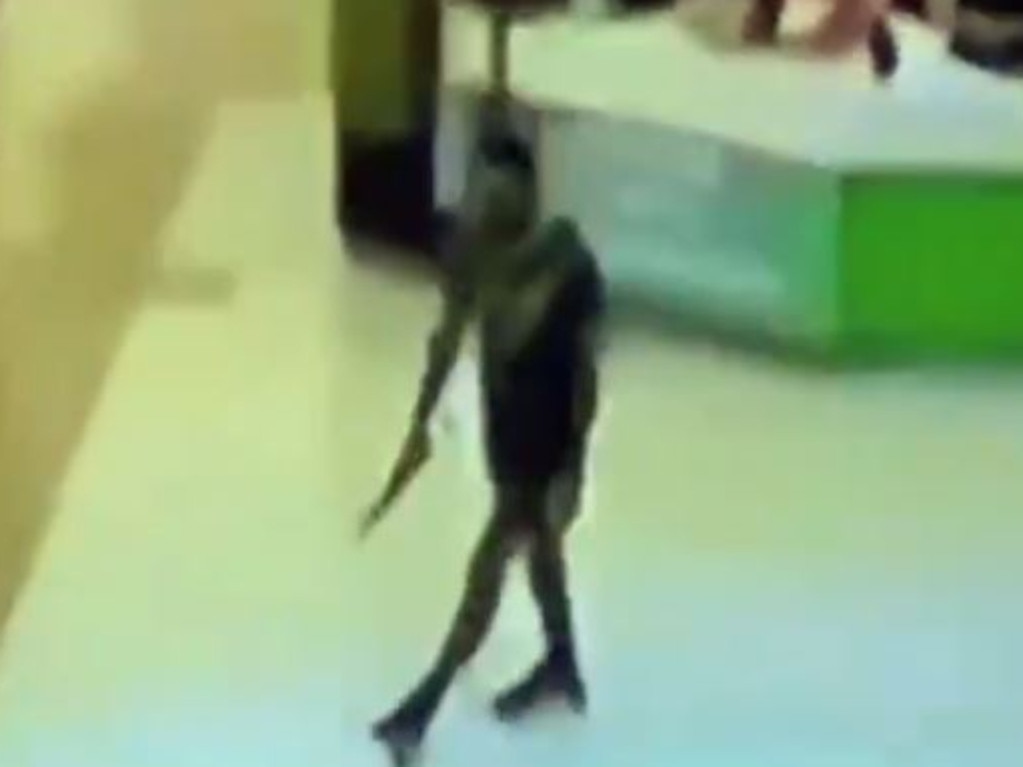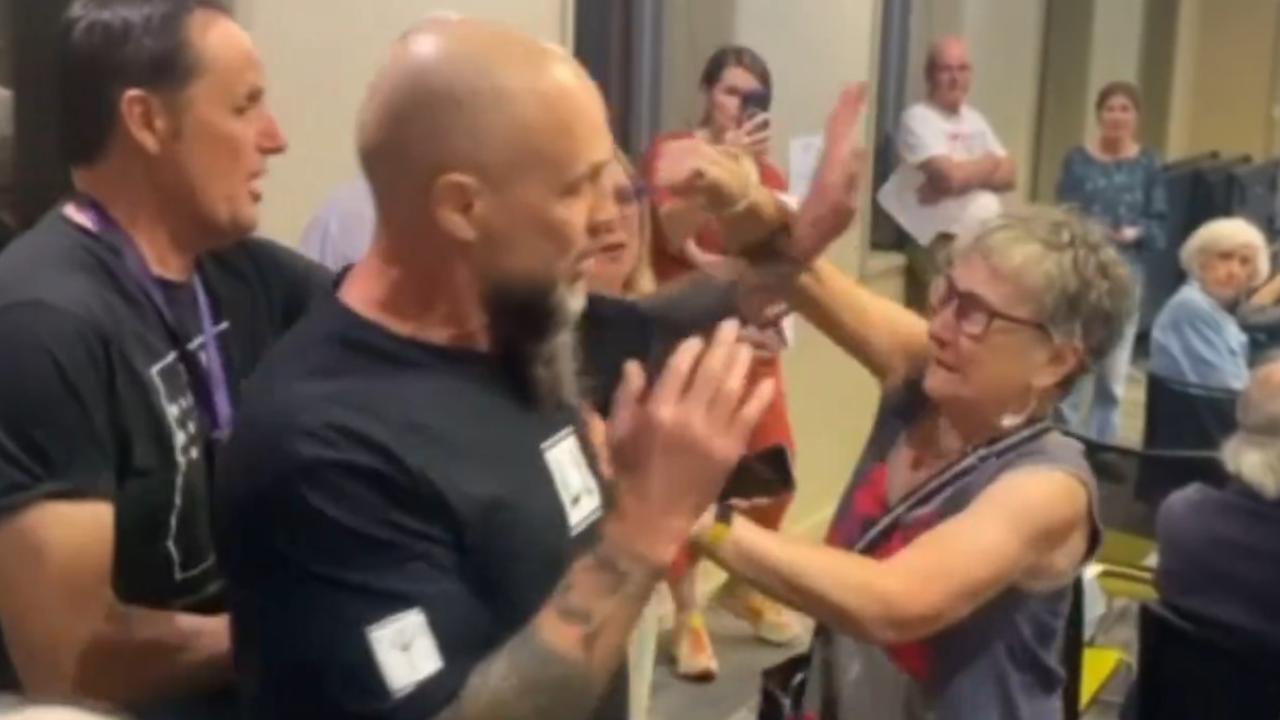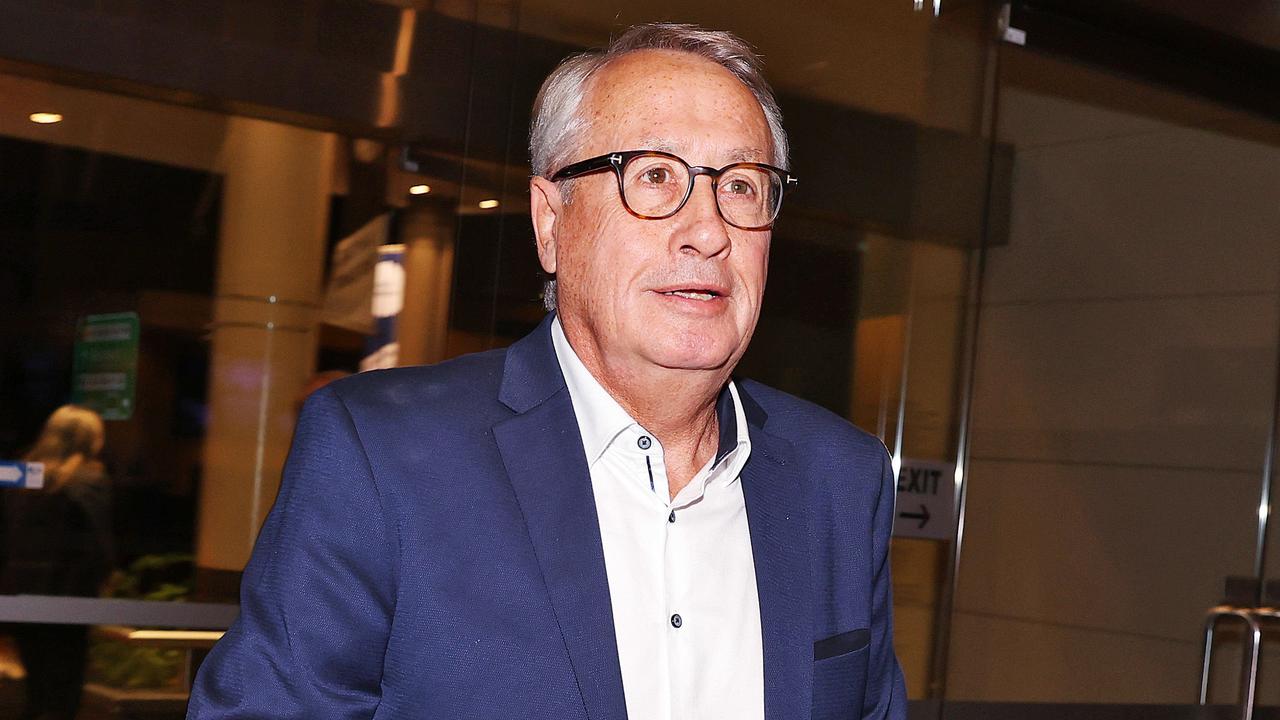Psychiatrists warn mental health system is ‘under siege and stress’
Psychotic and suicidal patients are being turned away from short-staffed public hospitals, as health ministers work to plug gaping gaps between medical treatment and NDIS support for the mentally ill.

Psychotic and suicidal patients are being turned away from short-staffed public hospitals, as the nation’s health ministers work to plug gaping gaps between medical treatment and NDIS support for the mentally ill.
Frontline health and emergency workers have warned of a “dangerously broken” mental health system as hospitals overflow with mentally ill patients who are too poor to pay for private psychiatric help.
Professor Allan Fels, a former National Mental Health Commissioner who served on the Victorian Royal Commission into mental health, on Friday said he knew people who had killed themselves after hospitals refused to treat them.
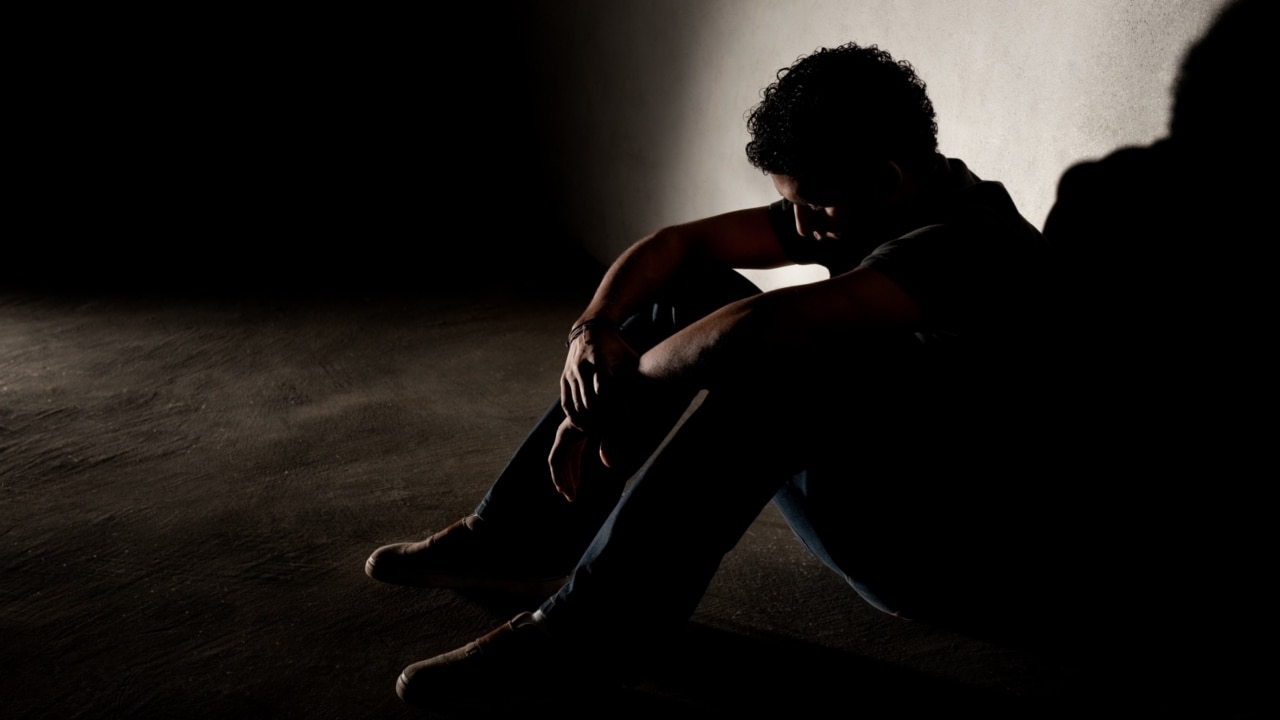
“I know people who’ve been turned away from hospital taking their lives straight away,’’ he told The Weekend Australian.
“Most mental health services are not well organised and badly resourced, especially for the treatment of the homeless who are mentally ill.’’
Professor Fels said he felt the Bondi Junction massacre – when mentally ill man Joel Cauchi used a knife to murder six people and injure 12 others before a policewoman shot him dead last weekend – could have been prevented.
“My feeling was that if we had a better mental health system, including accommodation for people with severe mental illness, this tragic event might not have occurred,’’ he said.
“Tragically, (mental illness) is not a very high public priority and even within the health system, it’s much less of a priority than common illnesses such as cancer.
“But the Bondi experience could be a turning point.’’
The nation’s health ministers on Friday agreed to work on ways to support people with mental illness who do not qualify for support under the National Disability Support Scheme.
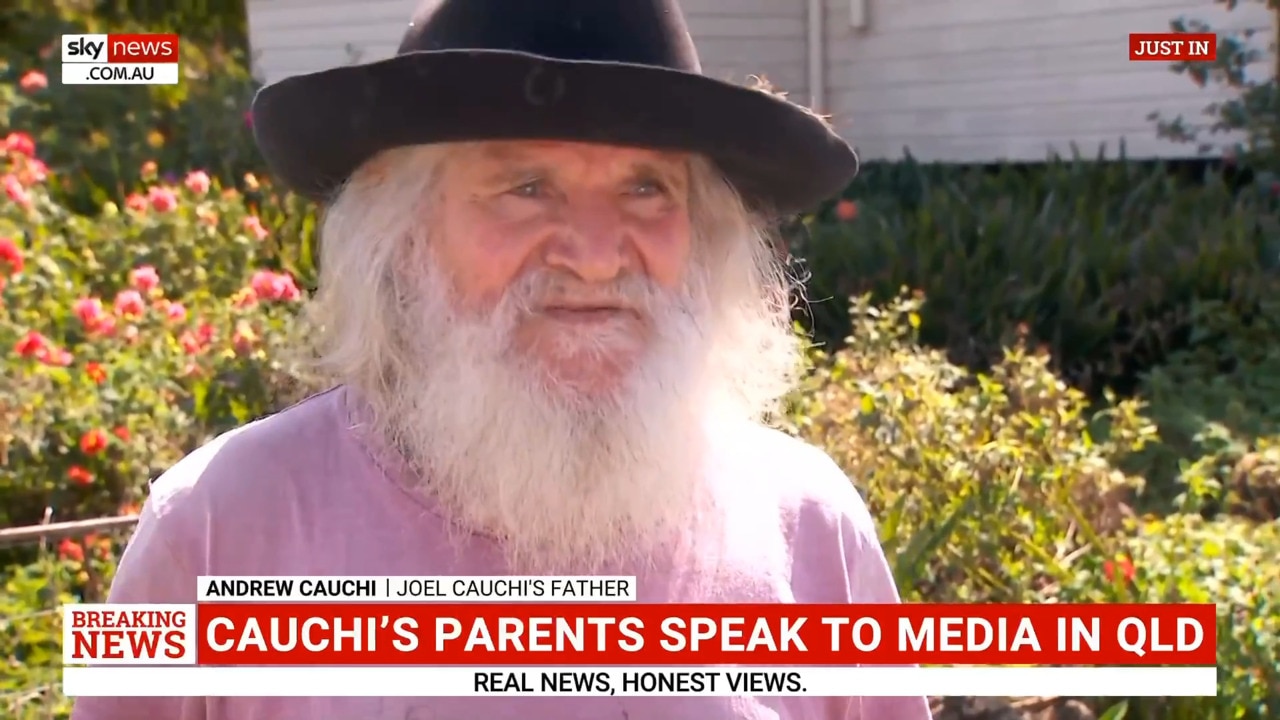
Federal Health Minister Mark Butler, who met state and territory health ministers in Brisbane on Friday, said they were still analysing the “unmet need for mental health services for people with particularly severe and chronic mental health’’.
He said governments would “try and work out where those gaps are for people with severe needs who might not be currently in the NDIS”.
Tragic and distressing details of mental health patients’ suffering are detailed in submissions to a NSW parliamentary inquiry into mental health.
Paramedics revealed that mental health cases make up 15 per cent of their workload, and they attend 670 suicide attempts, 1559 cases of suicidal ideation, and 489 cases of self-injury every month.
Ambulances are repeatedly taking the same patients back to hospital, sometimes multiple times a day.
“A system should not be so broken that patients are made worse off by the people they are seeking help from,’’ the Australian Paramedics Association of NSW has told the inquiry.
“Paramedics are at the coal face of this crisis. We see our patients become more and more unwell over time, unable to access the right care at the right time.’’
The chair of the NSW Upper House inquiry into outpatient and community mental health care, Greens health spokeswoman and former GP Amanda Cohn, said a payroll tax levy to raise funds for mental health – already imposed on employers in Victoria and Queensland - should be “on the table’’ in NSW.

“That’s what we’re doing with mental health,’’ Dr Cohn said. “We’re leaving people just languishing on endless waitlists in the community until they’re in a state of absolute crisis, bringing them into hospital for the absolute bare minimum of (treatment) and then putting them back in the community without support.
“We wouldn’t do it with any other kind of health condition.’’
Psychiatrists have described NSW’s mental health system as “under siege, under stress and in survival mode”, with chronic shortages of psychologists and mental health workers.
“Emergency departments have become the main entry point into the mental health system for many people,’’ the Royal Australian and New Zealand College of Psychiatrists has told the inquiry.
“The medical workforce is under unprecedented strain, with public services at risk of shrinking or closing due to lack of medical workforce.’’
The Australian Medical Association said homeless people were being rejected from Community Mental Health teams, which require patients to have a fixed address. It criticised a “fragmented and siloed’’ system.
Rural Doctors’ Association of NSW president Charles Evill said most mental health services are at or near capacity.
“In regard to attempted suicides, there seems minimal support, if any, after an accident and emergency assessment,’’ Dr Evill said. “This is a potentially fatal problem considering poor access to GPs and long waiting times and poor access to psychologists.’’
If you or someone you know is at risk of suicide, call Lifeline (13 11 14) or the Suicide Call Back Service (1300 659 467), or see a doctor.


